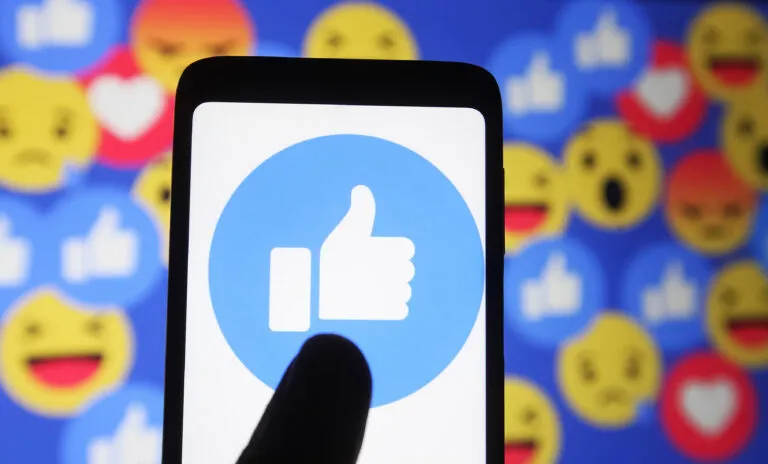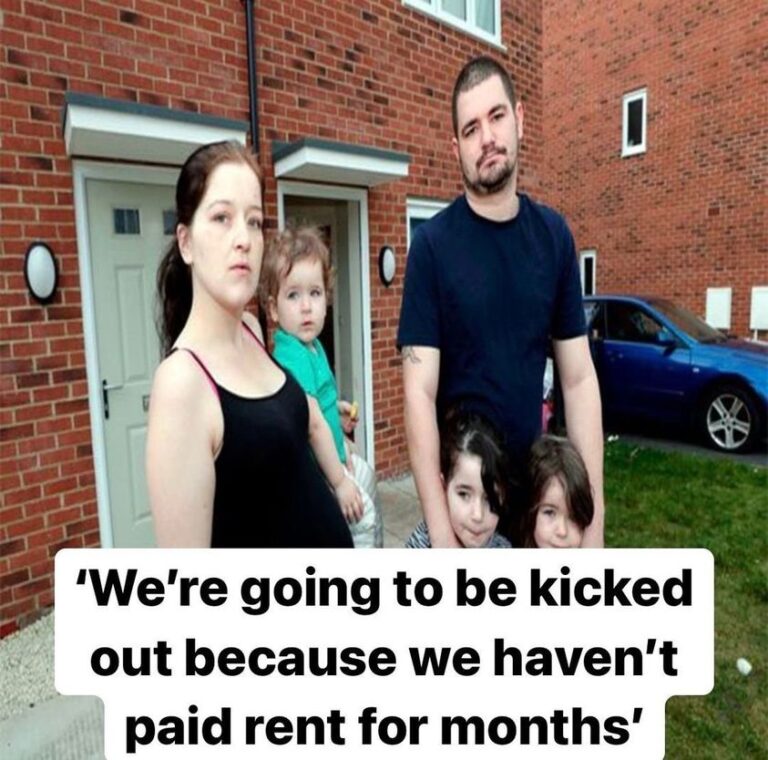Gen Z wants to cancel ‘passive aggressive’ thumbs up emoji
The ever-watchful eyes of Gen Z have found a new target: the seemingly innocent thumbs-up emoji.
While for many, the thumbs-up symbol is considered harmless, the youngsters of Gen Z believe it’s passive-aggressive and even rude.
Gen Z, or Generation Z, refers to those born roughly between the mid-to-late 1990s and the early 2010s. They have built a reputation on the internet for being tech-savvy trendsetters, redefining culture, and challenging the status quo.
One young employee’s complaint about the thumbs-up emoji on a Reddit thread sparked a lively discussion about the symbol.
For the older crowd, the thumbs-up emoji is akin to a friendly nod, a pat on the back, or simply an acknowledgment or agreement to the information provided. But the Reddit users on the thread felt it was “unsettling” and possibly even downright hostile.

“I started an ‘adult’ job where we use Microsoft Teams to connect with each other for work. Currently, there are only a few emojis you can use to react to a message (unless, of course, you respond and can use any emoji),” the user wrote.
The user then went on to talk about how using the thumbs-up as a reaction to messages is normal but they prefer using the heart.
“Most people at work use the ‘thumbs up’ reaction all the time. I don’t use it much. I either ‘heart’ reactions or reply even if it’s a short ‘Great!’ or ‘Thanks!’ (I also feel like I use too many exclamation marks, but that’s a different story),” they said. “Anyway, I think it’s normal to ‘thumbs up’ messages, but I still feel like it’s such an unsettling response. Does anyone else feel this way?”
A flood of responses followed the young worker’s post.
“For younger people (I’m 24 for reference), the thumbs-up emoji is used to be really passive-aggressive,” one user said, sharing their personal experience. “It’s super rude if someone just sends you a thumbs up. So I also had a weird time adjusting because my workplace is the same. So yeah, it’s a generational communication culture difference. Everyone my age in the office doesn’t do it, but the Gen X people always do it. Took me a bit to adjust and get out of my head that it means they’re mad at me.”
“It probably feels unsettling because it’s impersonal, and based just off this post, you seem like the kind of person who prefers more genuine interactions with others,” another wrote.
Another Reddit user, who said they were nearing the age of 40, said they would find the heart reaction more unsettling.
“Why do you feel like it’s unsettling? Honest question… Bc that’s literally how I respond to 90 percent of messages… I’m almost 40 though, so I wonder if it’s a generational thing… I’d feel more unsettled with the heart reaction,” they said.
Another wrote: “I understand what you mean. My last workplace had a WhatsApp chat for our team to send info to each other, and most of the people on there just replied with a [thumbs-up emoji]. I don’t know why but it seemed a little bit hostile to me, like an acknowledgment but kind of saying, ‘I don’t really care/am not interested’? Don’t know if that’s the way you feel, but I got used to it in time, and I’m just as bad for sending a thumbs up now.”
Emojis and the framework for their usage were created by a California-based nonprofit called Unicode Consortium, which releases new emojis every year. But companies like Apple and Google are still free to create their own designs for these symbols, which have become an almost irreversible part of our communication today.
According to the Unicode Consortium website, there are a total of 3,782 emojis at the moment.
What did you think about this? Is the thumbs up emoji as “passive aggressive” as Gen Z makes it out to be? Let us know your thoughts!






